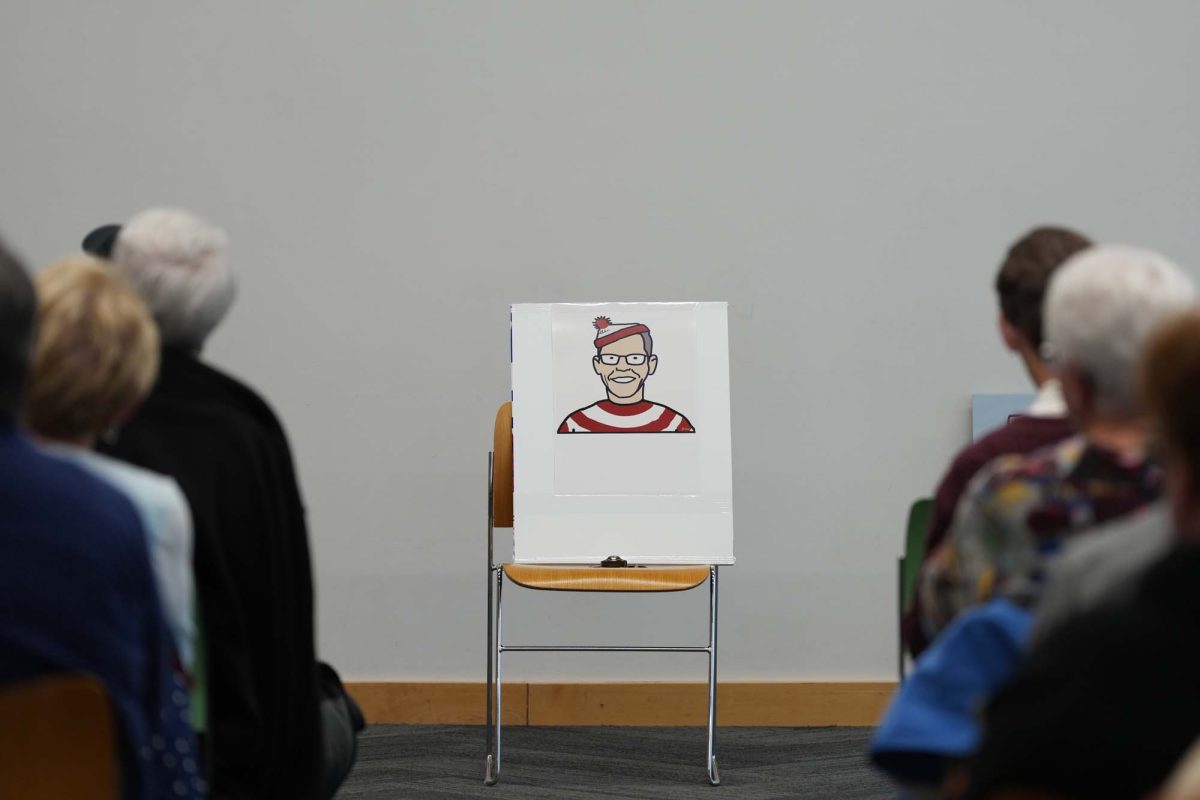Student continues harassment battle
June 23, 2005
“We’re pursuing our options with the Supreme Court because we think they made a mistake.
– Paige Fielder, McElroy’s attorney
Despite a legal setback, lawyers for a former ISU student said she plans to continue her legal battle in a sexual harassment lawsuit against Iowa State.
After the Iowa Supreme Court overturned a $3 million verdict which had favored Julie McElroy last week, the case is now planned to be tried in a Polk County courthouse for the third time in eight years.
“She’s disappointed, but she has fought this for 10 years now, and she’s not about to give up now,” said Paige Fiedler, one of McElroy’s attorneys.
McElroy, a graduate student and former research assistant, originally sued Iowa State after her academic advisor, Lynn Glass, sexually harassed her beginning in 1994. Glass died in May 1997 from colon cancer, shortly before McElroy filed her suit in November.
Fiedler said she planned to file a petition for re-hearing with the Iowa Supreme Court.
“We’re pursuing our options with the Supreme Court because we think they made a mistake,” she said.
McElroy’s other attorney, Roxanne Conlin, said the court is not likely to grant the petition, adding that she has not heard of them granting a re-hearing during her 40 years of practicing law.
Fiedler said there is no schedule yet on when a new trial could take place.
McElroy, who dropped out of a doctoral program on Dec. 31, 1997, initially lost the lawsuit in district court. After the Iowa Supreme Court granted her a new trial, a jury awarded her $3 million, $2.5 million of which was for emotional distress.
“We’re pleased that this decision has been overturned,” said Iowa State counsel Paul Tanaka.
During last Friday’s decision overturning the largest-ever sexual harassment verdict against Iowa State, the Iowa Supreme Court ruled on nearly 30 grounds for appeal.
In its opinion, the court concluded “McElroy failed to exhaust her administrative remedies with respect to her federal and state retaliation-in-employment claims. Therefore these claims were not properly before the district court. Because the jury returned a general verdict, a new trial is required on all surviving claims. On remand, the plaintiff shall have the right to have her entire case tried to a jury.”
According to court records, Glass repeatedly subjected McElroy to inappropriate touching and comments. The harassment peaked during a trip to Russia in April 1995.
Glass later publicly criticized McElroy for not allowing him to “take care” of her at the hotel they stayed at in Moscow — later threatening to abandon her on the Moscow subway.
According to court records, the discrimination investigation began shortly after they returned from Russia when McElroy complained to former Dean of the College of Education Noreen Daly, leading to Glass being told to have no contact with McElroy. The harassment continued, and in June 1995 McElroy filed a complaint with the ISU Office for Diversity and Affirmative Action. An Iowa State appointed attorney, Jeanne Johnson, concluded “Glass had violated Iowa State’s sexual harassment policy, created a hostile work environment and interfered with McElroy’s academic progress.”
Glass was suspended for a year, but the process to fire a tenured faculty member was ended after he was diagnosed with terminal colon cancer.






